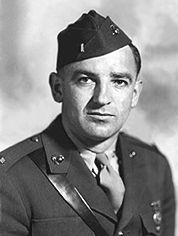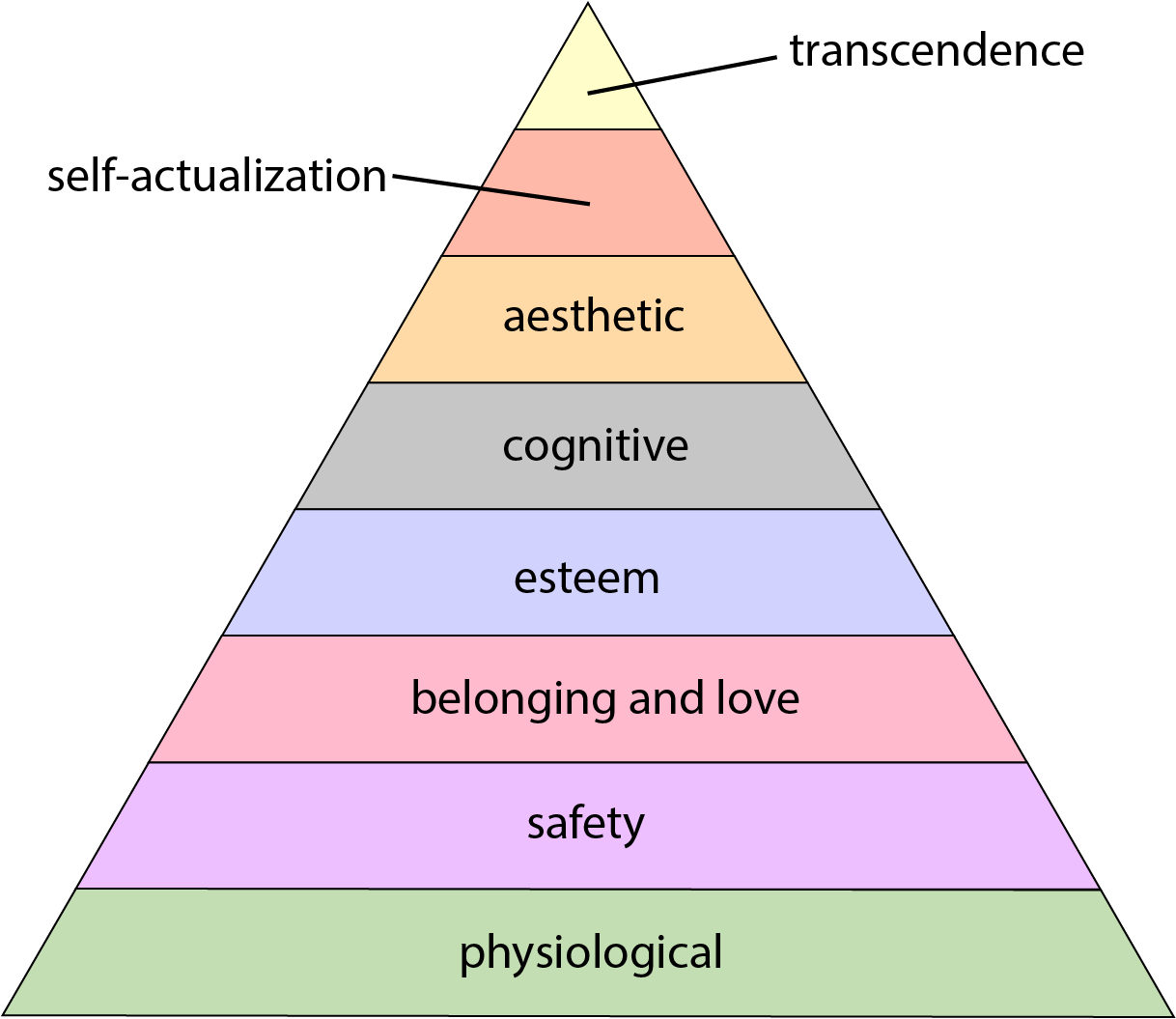|
Transactional Leadership
Transactional leadership or transactional management is the part of one style of leadership that focuses on supervision, organization, and performance; it is an integral part of the Full Range Leadership Model. This type of management was born during the Industrial Revolution as a source of competitive advantage. Some typical tactics of this type of management include strategy, efficiency goals, economies of scale and quality differentiation. Transactional managers focus on performance related tasks and goals. Transactional leadership is a style of leadership in which leaders promote compliance by followers through both rewards and punishments. Through a rewards and punishments system, transactional leaders are able to keep followers motivated for the short-term. Unlike transformational leaders, those using the transactional approach are less interested in progressing their workers talents. Transactional leadership "occurs when one person takes the initiative in making contact ... [...More Info...] [...Related Items...] OR: [Wikipedia] [Google] [Baidu] |
Leadership
Leadership, both as a research area and as a practical skill, encompasses the ability of an individual, group or organization to "lead", influence or guide other individuals, teams, or entire organizations. The word "leadership" often gets viewed as a contested term. Specialist literature debates various viewpoints on the concept, sometimes contrasting Eastern and Western approaches to leadership, and also (within the West) North American versus European approaches. U.S. academic environments define leadership as "a process of social influence in which a person can enlist the aid and support of others in the accomplishment of a common and ethical task (project management), task". Basically, leadership can be defined as an influential Power (social and political), power-relationship in which the power of one party (the "leader") promotes movement/change in others (the "followers"). Some have challenged the more traditional managerial views of leadership (which portray le ... [...More Info...] [...Related Items...] OR: [Wikipedia] [Google] [Baidu] |
Management By Exception
Management by exception (MBE) is a style of business management that focuses on identifying and handling cases that deviate from the norm, recommended as best practice by the project management method. Management by exception has both a general business application and a business intelligence application. General business exceptions are cases that deviate from the normal behavior in a business process and need to be cared for in a unique manner, typically by human intervention. Their cause might include: process deviation, infrastructure or connectivity issues, external deviation, poor quality business rules, malformed data, etc. Management by exception here is the practice of investigating, resolving and handling such occurrences by using skilled staff and software tools. Good management can contribute to efficiency of business processes. Often in these cases the process will be called exception management, as exceptional cases are not the sole focus of the managerial policy, and ex ... [...More Info...] [...Related Items...] OR: [Wikipedia] [Google] [Baidu] |
Cold War
The Cold War is a term commonly used to refer to a period of Geopolitics, geopolitical tension between the United States and the Soviet Union and their respective allies, the Western Bloc and the Eastern Bloc. The term ''Cold war (term), cold war'' is used because there was no large-scale fighting directly between the two superpowers, but they each supported major regional conflicts known as proxy wars. The conflict was based around the ideological and geopolitical struggle for global influence by these two superpowers, following their temporary Allies of World War II, alliance and victory against Nazi Germany and Empire of Japan, Imperial Japan in 1945. Aside from the Nuclear arms race, nuclear arsenal development and conventional military deployment, the struggle for dominance was expressed via indirect means such as psychological warfare, propaganda campaigns, Cold War espionage, espionage, far-reaching Economic sanctions, embargoes, rivalry at sports events, and technolog ... [...More Info...] [...Related Items...] OR: [Wikipedia] [Google] [Baidu] |
Joseph McCarthy
Joseph Raymond McCarthy (November 14, 1908 – May 2, 1957) was an American politician who served as a Republican U.S. Senator from the state of Wisconsin from 1947 until his death in 1957. Beginning in 1950, McCarthy became the most visible public face of a period in the United States in which Cold War tensions fueled fears of widespread communist subversion. He is known for alleging that numerous communists and Soviet spies and sympathizers had infiltrated the United States federal government, universities, film industry, and elsewhere. Ultimately, he was censured for refusing to cooperate with, and abusing members of, the committee established to investigate whether or not he should be censured. The term "McCarthyism", coined in 1950 in reference to McCarthy's practices, was soon applied to similar anti-communist activities. Today, the term is used more broadly to mean demagogic, reckless, and unsubstantiated accusations, as well as public attacks on the character o ... [...More Info...] [...Related Items...] OR: [Wikipedia] [Google] [Baidu] |
Theory X
Theory X and Theory Y are theories of human work motivation and management. They were created by Douglas McGregor while he was working at the MIT Sloan School of Management in the 1950s, and developed further in the 1960s. McGregor's work was rooted in motivation theory alongside the works of Abraham Maslow, who created the hierarchy of needs. The two theories proposed by McGregor describe contrasting models of workforce motivation applied by managers in human resource management, organizational behavior, organizational communication and organizational development. Theory X explains the importance of heightened supervision, external rewards, and penalties, while Theory Y highlights the motivating role of job satisfaction and encourages workers to approach tasks without direct supervision. Management use of Theory X and Theory Y can affect employee motivation and productivity in different ways, and managers may choose to implement strategies from both theories into their practices. ... [...More Info...] [...Related Items...] OR: [Wikipedia] [Google] [Baidu] |
Douglas McGregor
Douglas Murray McGregor (September 6, 1906 – October 1, 1964) was an American management professor at the MIT Sloan School of Management and president of Antioch College from 1948 to 1954. He also taught at the Indian Institute of Management Calcutta. His 1960 book ''The Human Side of Enterprise'' had a profound influence on education practices. McGregor was a student of Abraham Maslow. He has contributed much to the development of the management and motivational theory, and is best known for his Theory X and Theory Y as presented in his book ‘The Human Side of Enterprise’ (1960), which proposed that manager's individual assumptions about human nature and behavior determined how individual manages their employees.Jeong Chun Hai @Ibrahim, & Nor Fadzlina Nawi. (2012). Principles of Public Administration: Malaysian Perspectives. Kuala Lumpur: Pearson Publishers. Early life and education McGregor was born in Detroit, Michigan on September 6, 1906, to Murray James and Jessi ... [...More Info...] [...Related Items...] OR: [Wikipedia] [Google] [Baidu] |
James MacGregor Burns
James MacGregor Burns (August 3, 1918 – July 15, 2014) was an American historian and political scientist, presidential biographer, and authority on leadership studies. He was the Woodrow Wilson Professor of Government Emeritus at Williams College and Distinguished Leadership Scholar at the James MacGregor Burns Academy of Leadership of the School of Public Policy at the University of Maryland, College Park. In 1971 Burns received the Pulitzer Prize"History" ''Past winners & finalists by category''. The Pulitzer Prizes. Retrieved March 17, 2012. and the [...More Info...] [...Related Items...] OR: [Wikipedia] [Google] [Baidu] |
Maslow's Hierarchy Of Needs
Maslow's hierarchy of needs is an idea in psychology proposed by American psychologist Abraham Maslow in his 1943 paper "A Theory of Human Motivation" in the journal ''Psychological Review''. Maslow subsequently extended the idea to include his observations of humans' innate curiosity. His theories parallel many other theories of human developmental psychology, some of which focus on describing the stages of growth in humans. The theory is a classification system intended to reflect the universal needs of society as its base, then proceeding to more acquired emotions. The hierarchy of needs is split between deficiency needs and growth needs, with two key themes involved within the theory being individualism and the prioritization of needs. While the theory is usually shown as a pyramid in illustrations, Maslow himself never created a pyramid to represent the hierarchy of needs. The hierarchy of needs is a psychological idea and also an assessment tool, particularly in educatio ... [...More Info...] [...Related Items...] OR: [Wikipedia] [Google] [Baidu] |
Project
A project is any undertaking, carried out individually or collaboratively and possibly involving research or design, that is carefully planned to achieve a particular goal. An alternative view sees a project managerially as a sequence of events: a "set of interrelated tasks to be executed over a fixed period and within certain cost and other limitations". A project may be a temporary (rather than a permanent) social system ( work system), possibly staffed by teams (within or across organizations) to accomplish particular tasks under time constraints. A project may form a part of wider programme management or function as an ''ad hoc'' system. Note that open-source software "projects" or artists' musical "projects" (for example) may lack defined team-membership, precise planning and/or time-limited durations. Overview The word ''project'' comes from the Latin word ''projectum'' from the Latin verb ''proicere'', "before an action," which in turn comes from ''pro-'', whi ... [...More Info...] [...Related Items...] OR: [Wikipedia] [Google] [Baidu] |
Supervision
Supervision is an act or instance of directing, managing, or oversight. Etymology The English noun "supervision" derives from the two Latin words "super" (above) and "videre" (see, observe). Spelling The spelling is "Supervision" in Standard English of all English linguistic varieties, including North American English. Definitions Supervision is the act or function of overseeing something or somebody. A person who performs supervision is a "supervisor", but does not always have the formal title of supervisor. A person who is getting supervision is the "supervisee". Theoretical scope Generally, supervision contains elements of providing knowledge, helping to organize tasks, enhance motivation, and monitoring activity and results; the amount of each element is varying in different contexts. Nature of supervision Academia In academia, supervision is aiding and guiding of a postgraduate research student, graduate student, or undergraduate student, in their research project; of ... [...More Info...] [...Related Items...] OR: [Wikipedia] [Google] [Baidu] |
Transformational Leadership
Transformational leadership is a theory of leadership where a leader works with teams or followers beyond their immediate self-interests to identify needed change, creating a vision to guide the change through influence, inspiration, and executing the change in tandem with committed members of a group; This change in self-interests elevates the follower's levels of maturity and ideals, as well as their concerns for the achievement. it is an integral part of the Full Range Leadership Model. Transformational leadership is when leader behaviors influence followers and inspire them to perform beyond their perceived capabilities. Transformational leadership inspires people to achieve unexpected or remarkable results. It gives workers autonomy over specific jobs, as well as the authority to make decisions once they have been trained. This induces a positive change in the followers attitudes and the organization as a whole. Transformational leaders typically perform four distinct behavi ... [...More Info...] [...Related Items...] OR: [Wikipedia] [Google] [Baidu] |

.png)


